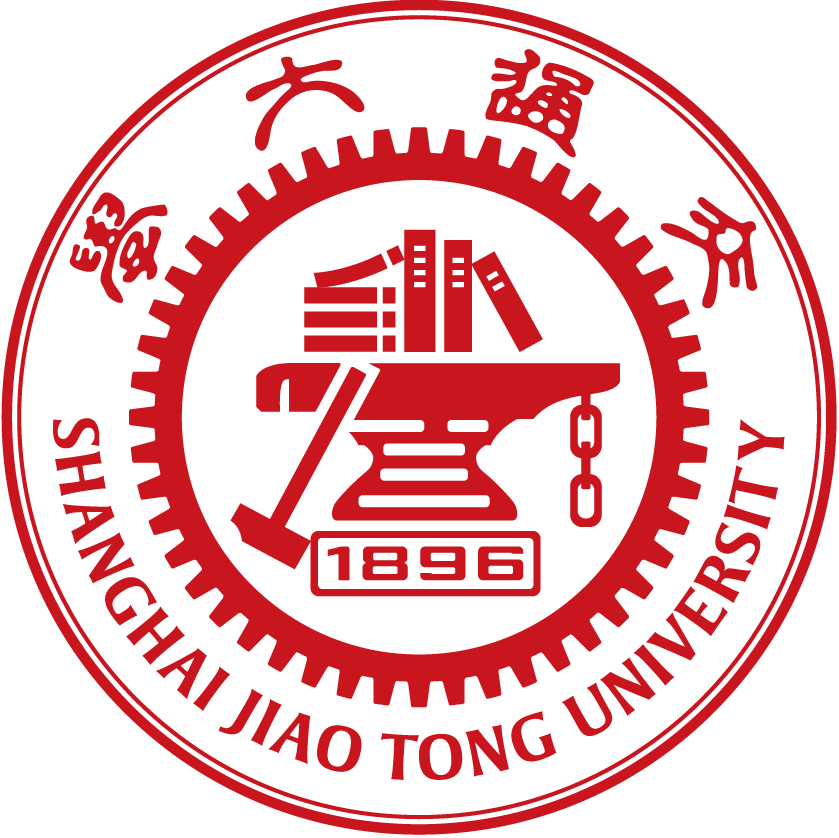时间
2019年9月17日 下午14:00
地点
上海交通大学闵行校区软件大楼5楼 人工智能研究院 500会议室
摘要
Ranking models are typically designed to provide rankings that optimize some measure of immediate utility to the users. As a result, they have been unable to anticipate an increasing number of undesirable long-term consequences of their proposed rankings, from fueling the spread of misinformation and increasing polarization to degrading social discourse. Can we design ranking models that anticipate the consequences of their proposed rankings and, more importantly, are able to avoid the undesirable ones? In this talk, I will first describe a joint representation of rankings and user dynamics with an intuitive causal interpretation. Then, I will show that this representation greatly simplifies the construction of consequential ranking models that trade off the immediate utility and the long-term welfare. In particular, one can obtain optimal consequential rankings by applying weighted sampling on the rankings provided by models that maximize measures of immediate utility. However, in practice, such a strategy may be inefficient and impractical, specially in high dimensional scenarios. To overcome this, I will introduce an efficient algorithm to learn parameterized consequential ranking models that effectively approximate optimal ones. Finally, using data gathered from Reddit, I will show that consequential ranking models may be able to mitigate the spread of misinformation and improve the civility of online discussions.
个人简介
Manuel Gomez Rodriguez is a tenure-track faculty at Max Planck Institute for Software Systems. Manuel develops machine learning and large-scale data mining methods for the analysis, modeling and control of large social and information systems. He is particularly interested in the creation, acquisition and/or dissemination of reliable knowledge and information, which is ubiquitous in the Web and social media, and has received several recognitions for his research, including an Outstanding Paper Award at NIPS’13 and a Best Research Paper Honorable Mention at KDD’10 and WWW’17. Manuel holds a BS in Electrical Engineering from Carlos III University in Madrid (Spain), a MS and PhD in Electrical Engineering from Stanford University, and has received postdoctoral training at the Max Planck Institute for Intelligent Systems.
